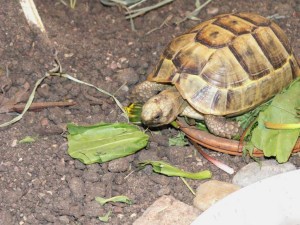
This is my body, given for you,
This is my blood, given for you.
While these words are the center of a Christian liturgy celebrating the sacrifice of Jesus as the Christ, they are more appropriately spoken of our own mothers. Your mother and my mother and all mothers, human and other than human, mammalian, avian, and reptilian, give their bodies and blood so their offspring might have life. True, mothers do not always make conscious choices to get pregnant, but almost all mothers affirm life in their willingness to nurture the young who emerge from their bodies and from their nests. Had mothers—human and other than human–not been giving their bodies and their blood from time immemorial, you and I would not be here.
The Easter liturgy fails to acknowledge that the original offering of body and blood is the mother’s offering. Christianity “stole” the imagery associated with birth and attributed it to a male savior.
-
 I needed to read this today. Thanks.
I needed to read this today. Thanks. -
 "Should we reject the gift of life because it doesn’t last forever? Should we reject flowers because most of them bloom only in sp
"Should we reject the gift of life because it doesn’t last forever? Should we reject flowers because most of them bloom only in sp -
 Thank you Carol. You eloquently explain what continues to bother me about Christianity-- it's denial of the mother and the divinit
Thank you Carol. You eloquently explain what continues to bother me about Christianity-- it's denial of the mother and the divinit




















